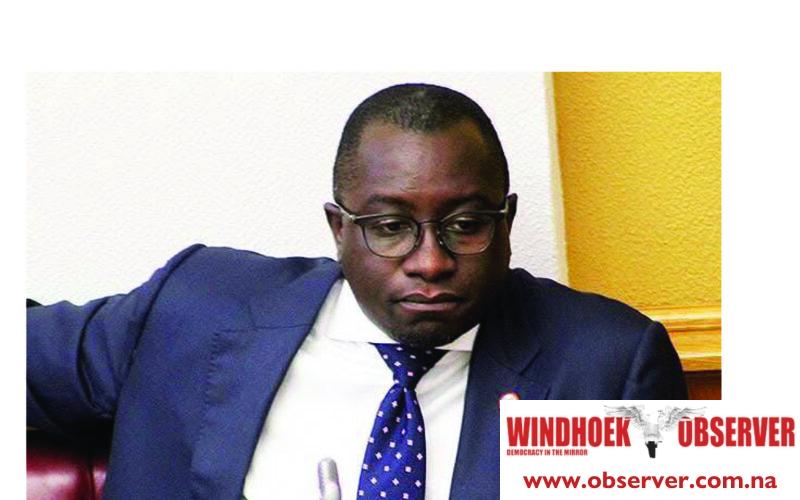Allexer Namundjembo
Fishrot accused and former justice minister Sacky Shanghala has filed an application before the High Court to have all rulings made by former acting judge Moses Chinhengo in the fishrot case declared void.
Shanghala argues that Chinhengo’s appointment was unconstitutional, which would render all his decisions in the matter invalid.
Appearing before Judge Hannelie Prinsloo on Monday, Shanghala submitted that Chinhengo’s appointment did not comply with the constitutional procedures outlined in Article 82 and should therefore be set aside.
He claimed that the appointment was made under the wrong sub-article and lacked legal standing from the outset.
Shanghala also alleged that the 2019 arrests of 10 individuals in the fishrot case, just days before the general election, were part of an orchestrated attempt to unseat the ruling Swapo party.
“This was a failed coup.Somebody was working hard so regime change could be done. It is the weaponising of the judicial and criminal justice system,” Shanghala told the court.
centres on allegations that Icelandic fishing company Samherji paid bribes in exchange for access to Namibian fishing quotas, costing the state over N$300 million. Shanghala and former fisheries minister Bernard Esau are among the key accused.
Although Chinhengo withdrew from the case last week, citing personal reasons, Shanghala insists that any decisions made by Chinhengo must be withdrawn.
He questioned why Chinhengo, a Zimbabwean national aged 67, was appointed despite Article 82(4) setting the judicial retirement age at 65.
While the Constitution allows for extensions up to age 70, Shanghala said there was no evidence that such an extension was properly granted.
He also argued that the Judicial Service Commission (JSC) failed to follow a transparent appointment process and did not provide a proper explanation for bypassing public procedures, which he said undermines judicial independence.
“The correct constitutional provision, 82(3), was neither cited nor relied upon during the time of appointment. A subsequent invocation of a different provision cannot validate an act that was unauthorised ab initio,” Shanghala argued.
Shanghala rejected claims that his application was filed too late, stating that legal proceedings had been ongoing and constrained by restrictions under the Prevention of Organised Crime Act (POCA).
Responding on behalf of the JSC, advocate Nixon Marcus argued that Chinhengo’s appointment was lawful under Articles 82(2) and 82(3), which do not place age limits on acting judges.
He said the matter was now moot since Chinhengo had recused himself and no longer posed a threat to Shanghala’s right to a fair trial.
Despite this, Shanghala maintained that the initial appointment was flawed and that the court must declare all of Chinhengo’s rulings null and void.
This is Shanghala’s third attempt to have Chinhengo removed.
His first was a recusal application, which Chinhengo dismissed, saying there was no evidence of bias.
The second challenge questioned the legality of Chinhengo’s appointment and was referred to the Supreme Court.
The third is the current application to halt the fishrot trial, scheduled to resume on 4 August 2025, until the legality of the judge’s appointment is resolved.
The court is expected to deliver a ruling in due course.




